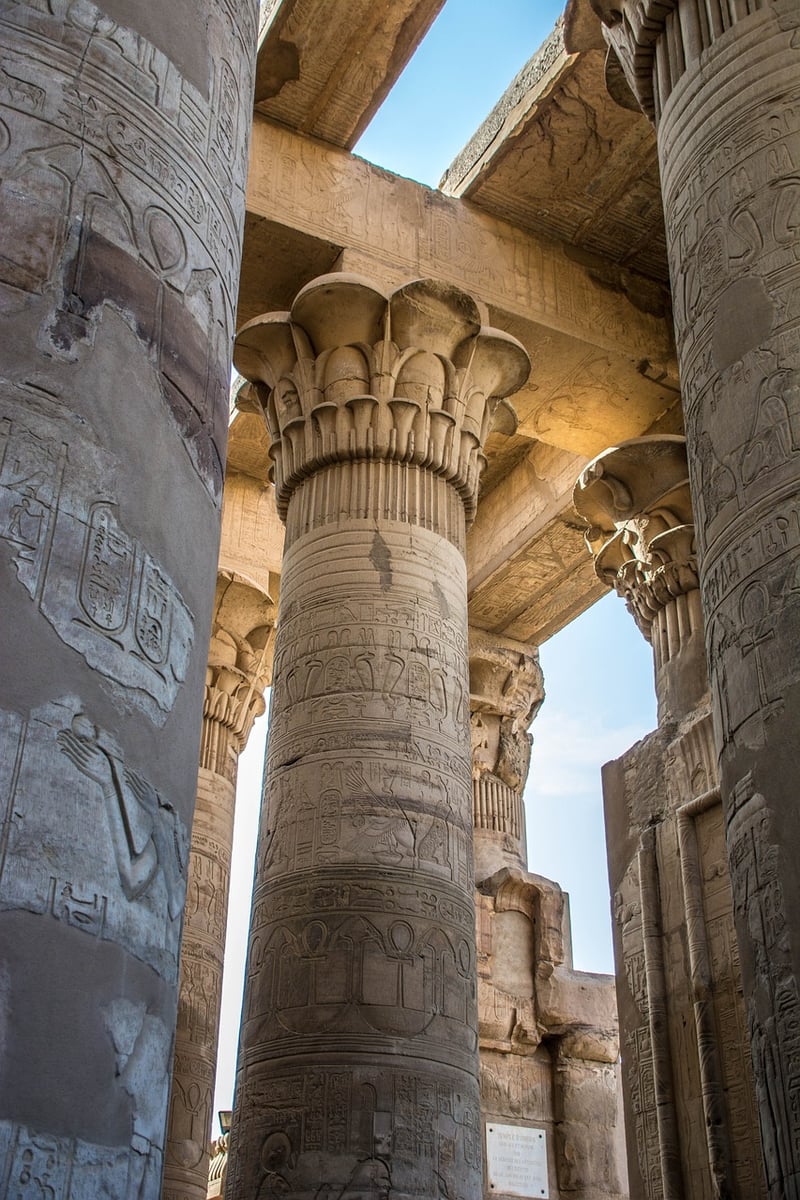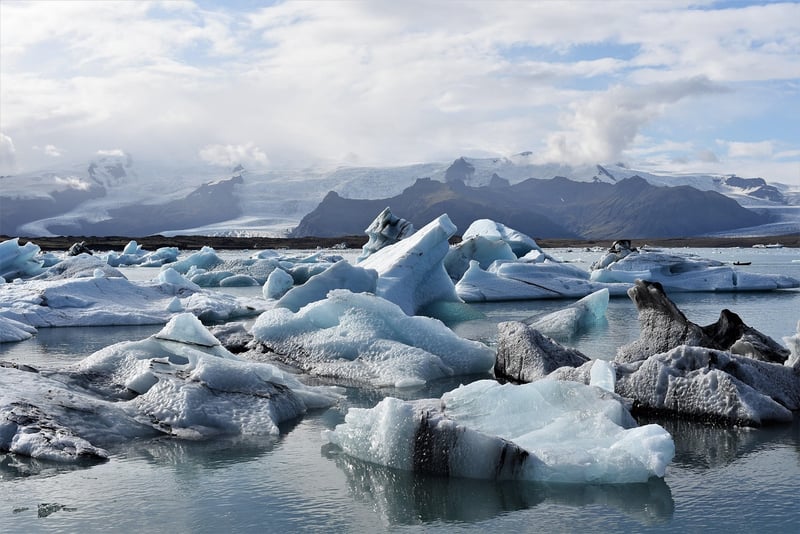Future Exploration
Exploring Different Eras and Future Exploration
Introduction
Exploring different eras and the possibilities of future exploration have always been fascinating endeavors for humanity. From ancient civilizations to space exploration, the quest for knowledge and discovery has shaped our history and will continue to define our future.
Ancient Civilizations
Ancient civilizations such as the Egyptians, Greeks, and Romans left behind remarkable artifacts and structures that offer insights into their way of life, beliefs, and achievements. The pyramids of Giza, the Parthenon, and the Colosseum are just a few examples of their enduring legacies.

The Age of Exploration
The Age of Exploration in the 15th to 17th centuries saw European explorers like Christopher Columbus, Vasco da Gama, and Ferdinand Magellan embark on voyages that expanded the known world. Their discoveries opened up new trade routes and led to the exchange of goods, ideas, and cultures.

Space Exploration
Space exploration has pushed the boundaries of human knowledge and technology. Landmark achievements such as the Moon landing, the Mars rover missions, and the Hubble Space Telescope have deepened our understanding of the cosmos and inspired new generations of explorers.

Future Exploration
The future of exploration holds exciting possibilities, from manned missions to Mars and beyond to the exploration of deep-sea trenches and the mysteries of our own planet. Advancements in robotics, artificial intelligence, and sustainable technologies will drive these future endeavors.
Conclusion
Exploring different eras and the frontiers of future exploration expands our horizons, challenges our understanding, and fuels our curiosity. As we look back at the achievements of the past and gaze towards the possibilities ahead, one thing remains certain - the human spirit of exploration knows no bounds.
